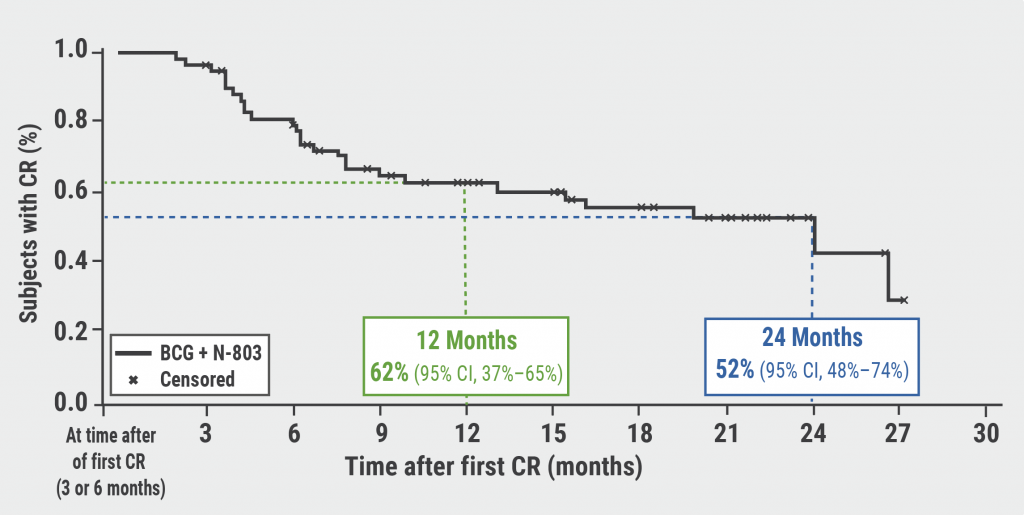"The magnitude of the reduction in atezolizumab benefit associated with concomitant PPI use was the most surprising result," said Dr. Ashley M. Hopkins of the College of Medicine and Public Health at Flinders University, in Adelaide, Australia.
These results, he told Reuters Health by email, "represent an urgent need to establish if the PPI impact is specific to atezolizumab, urothelial carcinoma, or immunotherapies more generally."
PPIs alter the gut microbiota, and previous studies investigating the influence of PPIs on ICIs have yielded conflicting results. No studies have investigated the association between PPI use and survival outcomes with ICIs in patients with urothelial carcinoma.
Dr. Hopkins and colleagues used individual participant data from two advanced urothelial cancer trials (IMvigor210, single-arm atezolizumab, and IMvigor211, atezolizumab versus chemotherapy) to evaluate the association between PPI use and survival outcomes with atezolizumab, compared with chemotherapy, in patients with advanced urothelial carcinoma.
A total of 471 participants out of 1,360 received a PPI within 30 days prior and 30 days after treatment initiation.
Overall, PPI use with atezolizumab was associated with a 52% greater risk of overall mortality (P<0.001) and a 38% greater risk of progression (P<0.001) compared with no PPI use, after adjustment for other factors, the researchers report in Clinical Cancer Research.
PPI use was also associated with significantly worse objective responses.
In contrast, there was no association between PPI use and overall survival, progression-free survival, or objective response in participants randomized to chemotherapy.
Results were similar in the subgroup of patients with PDL-1 expression on at least 5% of tumor-infiltrating immune cells, although the difference in objective response rates fell short of statistical significance.
There appeared to be no significant association between PPI use and the occurrence of atezolizumab-induced adverse events.
"It is well recognized that PPI overuse in cancer treatment occurs, seemingly from a perspective that there will be no consequences," Dr. Hopkins said. "The main clinical implication of our study is to highlight the need for warranted use of PPIs during immunotherapy treatment."
He added, "This study highlights the importance of data transparency and the need to ensure all trial sponsors have policies to enable such analyses to be undertaken in a reasonable timeframe following trial publication and listing of the medicine."
By Will Boggs MD
SOURCE: https://bit.ly/3hWARCe Clinical Cancer Research, online September 15, 2020.
Posted on
Previous Article
« Bicuspid-aortic-valve repair shows long-term efficacy Next Article
Treatment times of acute STEMI have increased with COVID-19 pandemic »
« Bicuspid-aortic-valve repair shows long-term efficacy Next Article
Treatment times of acute STEMI have increased with COVID-19 pandemic »
© 2024 Medicom Medical Publishers. All rights reserved. Terms and Conditions | Privacy Policy
HEAD OFFICE
Laarderhoogtweg 25
1101 EB Amsterdam
The Netherlands
T: +31 85 4012 560
E: publishers@medicom-publishers.com


